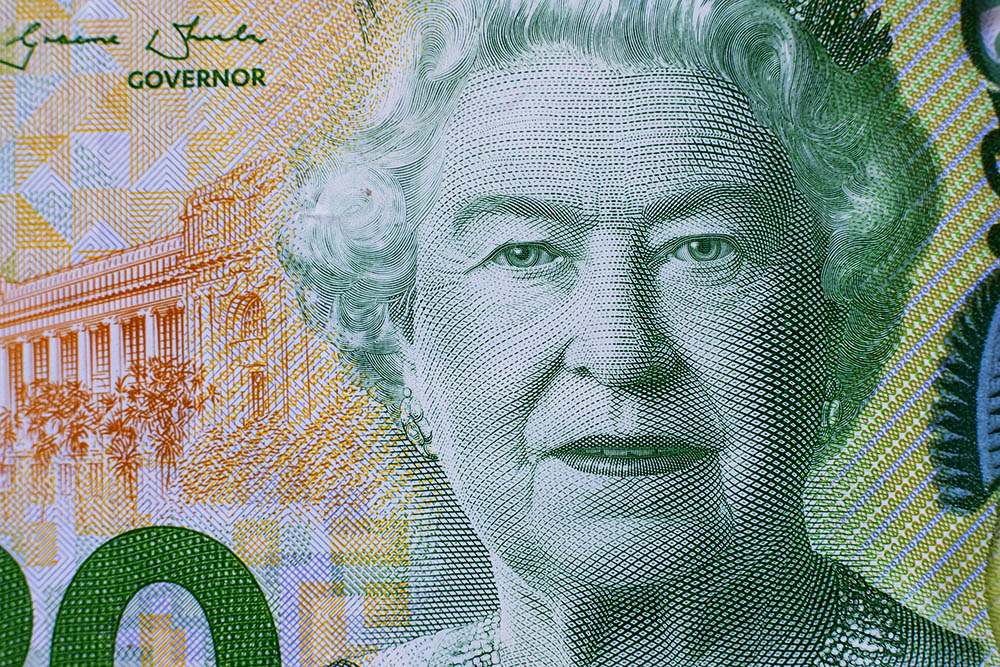The economy is the backbone of any society. It is what drives growth, creates jobs, and ultimately determines the standard of living of citizens. The health of the economy affects everyone in the country, from the very wealthy to the very poor. For this reason, it is essential that every citizen takes an interest in understanding the economic factors that contribute to a better or worse economy. By gaining this knowledge, citizens can start to take an active role in supporting a stronger economy, which directly benefits their own livelihood and the well-being of their community.
Understanding Economic Growth
Economic growth is a term that is often used in discussing the economy. This term refers to the increased production of goods and services in an economy. Technically, economic growth is measured by changes in the Gross Domestic Product (GDP), which is the market value of all goods and services produced in a country over a specific period of time, usually a year.
Economic growth is essential to creating jobs, increasing wages, and reducing poverty. When an economy is growing, businesses are expanding, which means they are hiring more workers. As the demand for workers increases, wages rise. This results in people having more disposable income to spend on their needs and wants.
There are many factors that contribute to economic growth, including innovation, investment, and education. Innovation refers to the development of new and improved products and services, which creates new businesses and job opportunities. Investment refers to the spending of money on goods and services that are used to produce new goods and services. Education is the foundation of innovation, as it provides individuals with the knowledge and skills needed to create and improve products and services.
The Role of Government in the Economy
The government plays a crucial role in the economy. It is responsible for creating laws and regulations that facilitate economic growth and ensure a fair and competitive market. Government policies can either promote or hinder economic growth.
One way that the government promotes economic growth is by investing in infrastructure. Infrastructure refers to the basic physical and organizational structures that are needed for the operation of an economy. Examples of infrastructure include roads, bridges, water and wastewater systems, electrical grids, and telecommunications networks. When the government invests in infrastructure, it provides businesses with the transportation and communication systems they need to operate efficiently.
The government also implements regulations on businesses to ensure that they operate in a fair and competitive manner. For example, antitrust laws are in place to prevent monopolies and promote competition.
Finally, the government is responsible for managing the money supply and setting interest rates. Through its monetary policy, the government can stimulate or slow down economic growth.
Consumer Spending and Economic Growth
Consumer spending is a major driver of economic growth in any society. Consumer spending refers to the spending of money by individuals and households on goods and services. When people spend money, businesses are able to generate revenue and create jobs.
A strong economy is one with high consumer confidence. Consumer confidence refers to the degree of optimism or pessimism that consumers have about the state of the economy. When consumer confidence is high, people are more likely to spend money, which stimulates economic growth.
Governments can stimulate consumer spending by implementing policies that increase disposable income, such as tax cuts or social welfare programs. Conversely, policies that decrease disposable income, such as tax hikes or austerity measures, can have a negative effect on consumer spending and economic growth.
International Trade and Economic Growth
International trade is another major contributor to economic growth. International trade refers to the exchange of goods and services between countries. When countries specialize in producing goods and services that they are best at, they can sell these goods and services to other countries in exchange for goods and services that they need but cannot produce themselves.
International trade stimulates economic growth by providing businesses with access to larger markets. This enables them to increase production and hire more workers. International trade also leads to lower prices for consumers, as businesses are able to take advantage of economies of scale.
However, international trade can also have a negative effect on certain industries and workers. When countries specialize in producing goods and services that they are best at, certain industries and workers in other countries may become obsolete. To address this issue, governments can implement policies to protect domestic industries and workers.
Investing in a Stronger Economy
As citizens, we all have a role to play in promoting a stronger economy. Here are a few ways that we can do this:
1. Support local businesses: By buying from local businesses rather than large corporations, we can keep money within our community and support our local economy.
2. Invest in education: Education is the key to innovation and economic growth. By investing in education, we can ensure that our workforce is well-prepared for the jobs of the future.
3. Participate in the political process: By staying informed and participating in the political process, we can ensure that our government is implementing policies that promote economic growth.
Conclusion
The economy is the backbone of any society. A strong economy creates jobs, increases wages, and improves the standard of living for all citizens. By gaining a basic understanding of the economic factors that contribute to a stronger economy and taking an active role in promoting economic growth, we can all contribute to a better future for ourselves and our communities.
